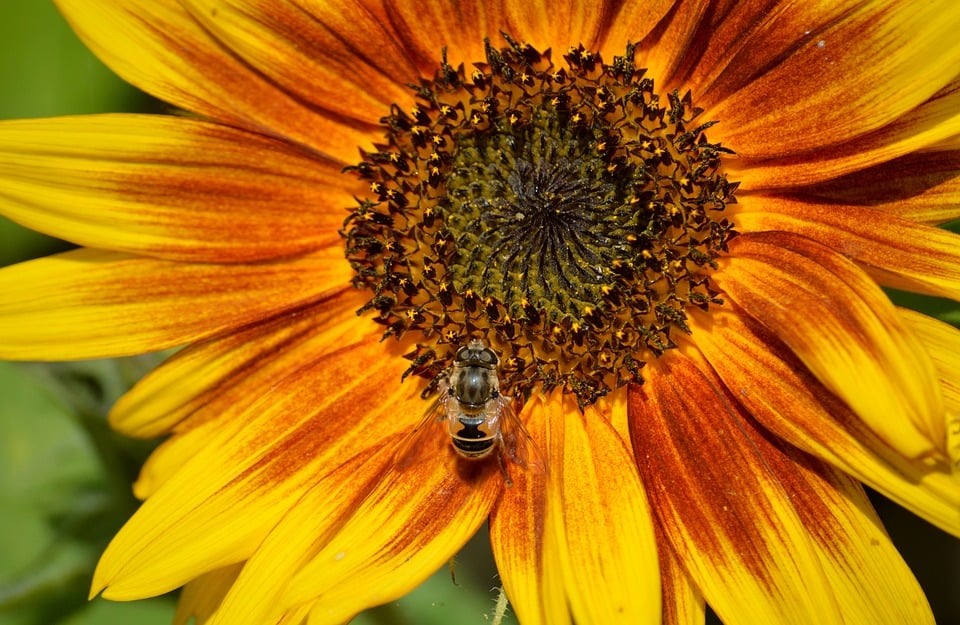When it comes to making positive changes in our lives, breaking bad habits and forming good ones can be a challenging task. Whether it’s quitting smoking, eating healthier, exercising more, or managing stress effectively, many of us struggle to maintain consistency and discipline. However, with the help of behavioral science, understanding the psychological principles that govern our behaviors, we can learn strategies to overcome obstacles and achieve long-lasting change. In this article, we will explore how behavioral science can offer valuable insights and practical tools to help you break bad habits and form good ones.
The Historical Context of Behavioral Science
Behavioral science has its roots in the early 20th century with the work of psychologists like B.F. Skinner and Ivan Pavlov who studied the relationship between behavior and stimuli. Their experiments laid the foundation for modern behavioral science, which combines principles from psychology, neuroscience, and sociology to understand how our actions are influenced by external factors.
The Current State of Behavioral Science
Today, behavioral science is being applied in various fields such as marketing, public policy, and healthcare to influence consumer behavior, promote healthier choices, and improve decision-making. Researchers are using insights from behavioral economics, cognitive psychology, and social psychology to design interventions that nudge people towards positive behaviors.
Key Concepts in Behavioral Science:
- Behavioral Economics: Examines how cognitive biases and irrational decision-making affect our choices.
- Operant Conditioning: Focuses on how rewards and punishments shape behavior patterns.
- Social Norms: Studies how societal expectations influence individual behavior.
Practical Applications of Behavioral Science
One of the key insights from behavioral science is that habits are formed through a process of repetition and reinforcement. By understanding this process, we can use specific strategies to break bad habits and build new ones:
Steps to Break Bad Habits:
- Identify the Cue: Recognize the triggers that prompt your unwanted behavior.
- Replace the Routine: Substitute the unhealthy habit with a positive alternative.
- Reinforce with Rewards: Celebrate your progress and reinforce the desired behavior.
Steps to Form Good Habits:
- Start Small: Set achievable goals to build momentum.
- Create Consistency: Establish a routine to reinforce the new behavior.
- Find Support: Seek accountability and encouragement from friends or mentors.
Future Predictions for Behavioral Science
As technology advances, behavioral science is likely to play an increasingly important role in shaping human behavior. From personalized health interventions to digital nudges in online platforms, we can expect to see more innovative applications of behavioral science in the future. By harnessing the power of behavioral insights, individuals and organizations can create environments that support positive change and improve overall well-being.
Conclusion
Behavioral science offers a valuable framework for understanding how habits are formed and how they can be changed. By applying the principles of behavioral science, we can learn to break bad habits and form good ones more effectively. As we continue to explore the insights and applications of behavioral science, we have the opportunity to make positive changes in our lives and society at large. Thank you for engaging with this article, and we encourage you to explore further resources on behavioral science to deepen your understanding and achieve your personal goals.
